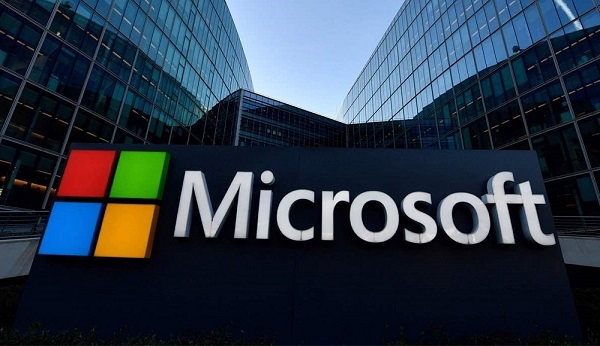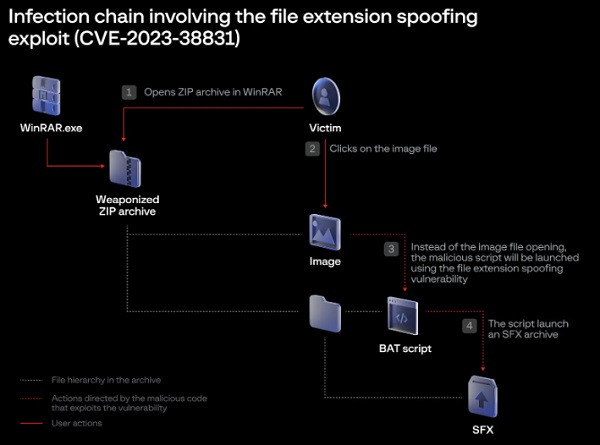Anonymous Sudan group launched fresh cyber-attack on Israel
Cyber-attacks are becoming more prevalent worldwide, with Israel being the latest victim. On April 26, 2023, the Facebook account of Israeli Prime Minister Benjamin Netanyahu was hacked into by a group of hackers known as Sharpboys. The hackers leaked the identities and names of tens of thousands of Israelis in the process. This attack followed another one that targeted the Atid group in Israel, and it occurred on the country’s Independence Day. This article explores the recent cyber-attacks in Israel and the growing threat of cyber-attacks around the world.
According to reports, the Sharpboys group broadcast audio content in Arabic and Persian during the attack on Netanyahu’s account. The content was removed “minutes” after it was hacked. The hacker group claimed to have stolen information from the servers of the Israeli Atid group. They published a file containing 200,000 records, including names, identity cards, and addresses. The Atid group claimed that they thwarted the attempt, and as far as they know, little information was leaked.

In addition to the attack on Netanyahu’s account, the Anonymous Sudan hacker group launched fresh cyber-attacks on Israeli websites, including those of the Israel Port Company and Haifa Port, causing disruptions. The cyber-attack resulted in the blocking of online services without extracting information from them.
The Anonymous Sudan group had earlier targeted fifteen other important Israeli websites in a cyber-attack, including the website of the Israeli Broadcasting Authority (Kan), in addition to banks, telecommunications companies, and government agencies. They then targeted the Mossad and the National Insurance Institute websites.
The recent cyber-attacks on Israel’s infrastructure, including the attack on the Facebook account of Israeli Prime Minister Benjamin Netanyahu, highlight the growing threat of cyber-attacks around the world. Governments and individuals must take the threat of cyber-attacks seriously and take proactive steps to protect themselves and their data from potential cyber threats.
Governments around the world are increasingly investing in cyber security measures to protect their critical infrastructure and sensitive information from cyber threats. Israel has invested heavily in cyber security measures and has developed one of the most advanced cyber defense systems in the world. However, the recent attacks have shown that even the most advanced systems can still be vulnerable to cyber-attacks.
Individuals must also be vigilant about protecting their personal information online. They should use strong, unique passwords and enable two-factor authentication whenever possible. With more and more of our lives moving online, the potential consequences of a successful cyber-attack can be devastating. Cyber-attacks can result in the theft of sensitive personal and financial information, as well as the disruption of critical infrastructure and the spread of misinformation and propaganda.
Cyber-attacks have become a key tool for state-sponsored espionage, economic theft, and political manipulation. The recent attacks on Israel’s infrastructure are a clear indication of the extent to which cyber-attacks can be used to wreak havoc on a country’s critical infrastructure and sensitive information.
See more: 1.43 million policy-violating apps blocked by Google in 2022
See more: Hackers access a Government Satellite in Alarming Experiment
Author: Manjushree Gavitre
We hope you found article interesting. For more exclusive content follow us on Facebook, Twitter and LinkedIn






